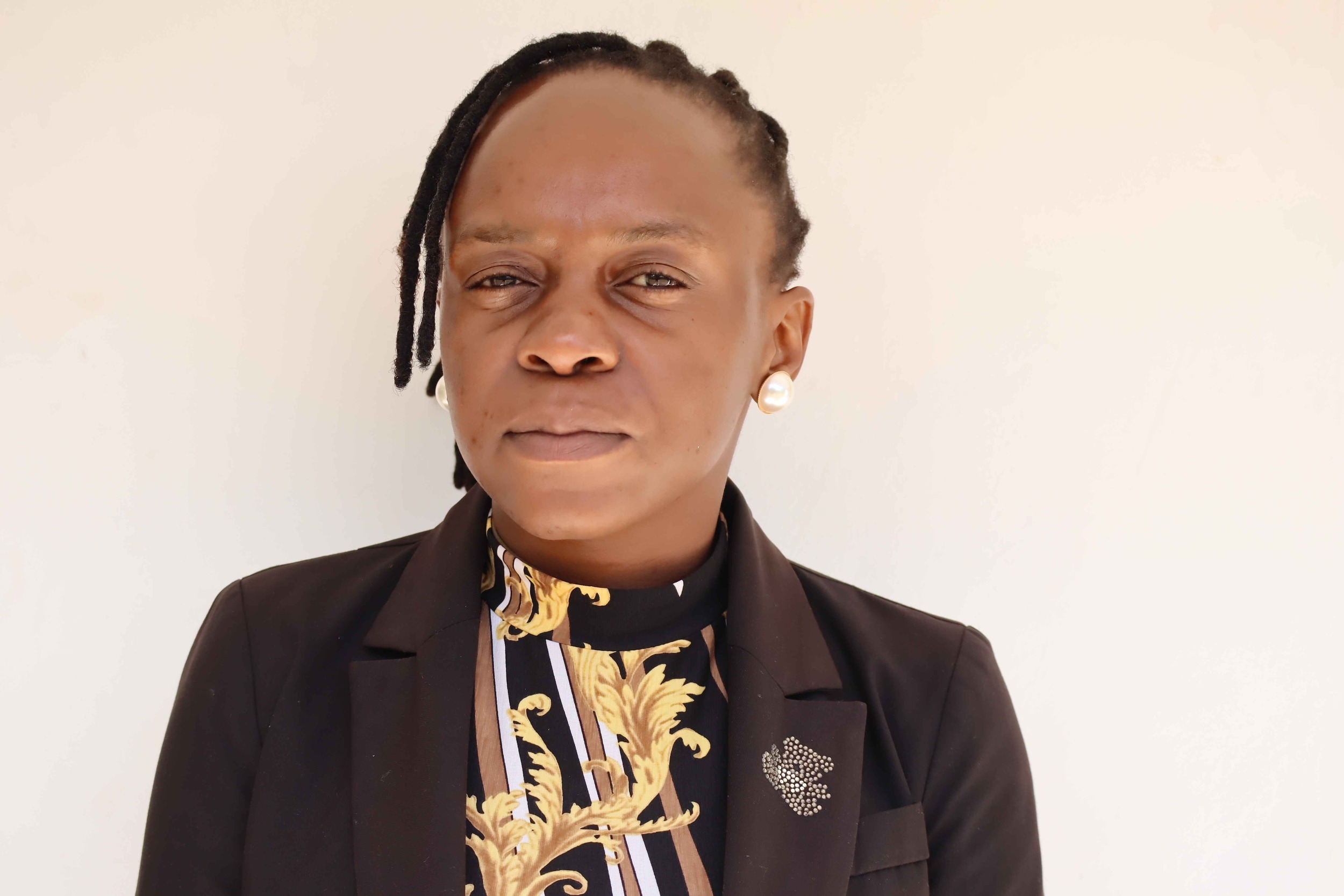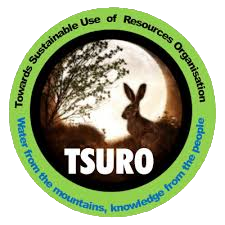Knowledge management
Knowledge management
The Knowledge Management Department leads TSURO Trust’s Monitoring, Evaluation, Accountability, Learning, and Communications efforts, leveraging evidence-based and practice-informed knowledge from internal and external sources. The department tracks program performance across Sustainable Agriculture, Natural Resources Management (SANRM), Public Environmental Health (PEH), and Economic Strengthening (ES) programming, informing data-driven decision-making and enhancing future program management. The department ensures innovative documentation processes including Scientific monitoring using GIS (mapping) and remote sensing and participatory video filming documenting human-interest stories, Most Significant Change Stories (MSCs), and community-led content creation. The department focuses on the sharing of project impacts through reports to donors, partners, and stakeholders. Developing newsletters, info sheets, research papers, and strategic lobbying documents. Our advocacy is enhanced through the use of dialogue platforms from the district up to the national level. The department makes use of electronic media mostly television & Radio (ZTV, Chimanimani FM & Diamond FM). Furthermore, the communication and advocacy culture is enhanced through short stories on key themes (e.g., climate change, biodiversity, ecosystem management, agroecology, Disaster Risk Management, Sexual Reproductive Health Rights, WASH, Mental Health, Youth empowerment, and entrepreneurship amongst others). The department is responsible for content creation and sharing on Social Media Platforms i.e., Facebook, WhatsApp, YouTube, Twitter, and Linked In as well as on the organization’s Website. It is also within the department’s jurisdiction to manage all these sites and to cater for all the IT-related issues like internet services at all the TSURO Rural Knowledge Centres, maintaining robust IT systems, infrastructure, and software applications, including databases, websites, and communication platforms.

The department personnel provide training and capacity building for staff, stakeholders, and project beneficiaries, ensuring effective use of technology to enhance program delivery, monitoring, and evaluation. The department also ensures data security, privacy, and integrity, adhering to best practices and humanitarian standards. The department plays a pivotal role in initiating and facilitating exchange visits for target communities to be exposed to varied learning channels to enhance and promote a learning culture on the varied thematic areas that TSURO focuses on. The department harnesses Disaster Risk Reduction (DRR) within our project operational area which are prone to cyclones and other climate-induced hazards through Early Warning/Early Action Initiatives. The department employs a multi-stakeholder, holistic, and bottom-up approach, through facilitating TSURO’s grassroots planning process, which involves identifying problems, needs, and visions with rural families and villages through TSURO Village Groups (TVGs). These various levels of planning are integrated at participatory Annual Review & Planning (ARP) Workshops, which help consolidate village-based plans, program plans, and stakeholder visions to ensure a holistic approach
